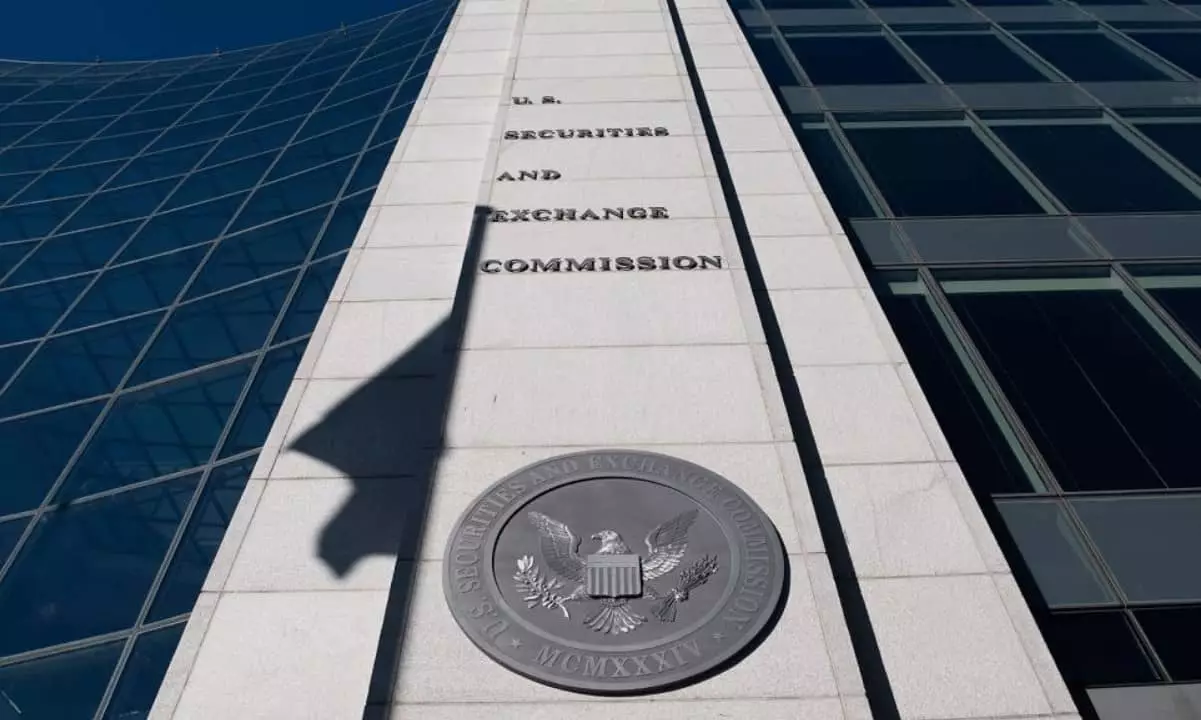The US Securities and Exchange Commission has firmly opposed Hex founder Richard Heart’s motion to dismiss the $1 billion securities fraud lawsuit, asserting its jurisdiction over the case. Despite Heart’s argument that he resided abroad and had no presence in the US during the relevant period, the SEC maintains that its allegations are well-supported and cannot be ignored.
According to the official SEC document, from December 2019 to November 2020, Heart promoted Hex as a crypto asset security, claiming it was a “blockchain certificate of deposit” that would consistently increase token holdings through staking. Investors poured in $678 million worth of ETH based on Heart’s promises of high returns, with Hex being marketed as the “highest appreciating asset ever.” However, the value of Hex plummeted by approximately 98.4% from its all-time high as of July 2023, leaving investors at a significant loss.
The SEC also raised concerns about Heart’s subsequent ventures, PulseChain and PulseX. Heart allegedly raised over $354 million for PulseChain by soliciting crypto assets as “sacrifices,” which were then used for personal luxuries rather than platform development. Transactions were obscured through transfers and a crypto mixer, leading to the misappropriation of $12.1 million for luxury purchases. Furthermore, PulseChain and PulseX did not launch as promised until May 2023, long after the fundraising periods had ended.
The SEC highlighted that Heart’s marketing efforts for Hex, PulseChain, and PulseX were extensively targeted at US investors. Virtual appearances at conferences in Las Vegas, an in-person interview on a Miami-based podcast, and other interactions underscored the relevance of the case to US regulatory oversight. Despite Heart’s claims of no US presence, the SEC contended that his activities directly impacted US investors and therefore fell under its jurisdiction.
Heart’s motion to dismiss also argued that the SEC’s case violated his free speech rights. He claimed that the regulator’s use of his commentary to allege securities offerings could potentially suppress protected speech on the blockchain. However, the SEC maintained that the allegations of securities fraud and misappropriation of funds were not protected speech and therefore did not infringe on Heart’s rights.
The SEC’s opposition to Richard Heart’s dismissal motion highlights the seriousness of the allegations against him. Despite his claims of innocence and lack of US jurisdiction, the SEC has made a strong case for its involvement based on the evidence presented. It remains to be seen how this legal battle will unfold and what repercussions it may have for both Heart and the crypto community as a whole.
















Leave a Reply